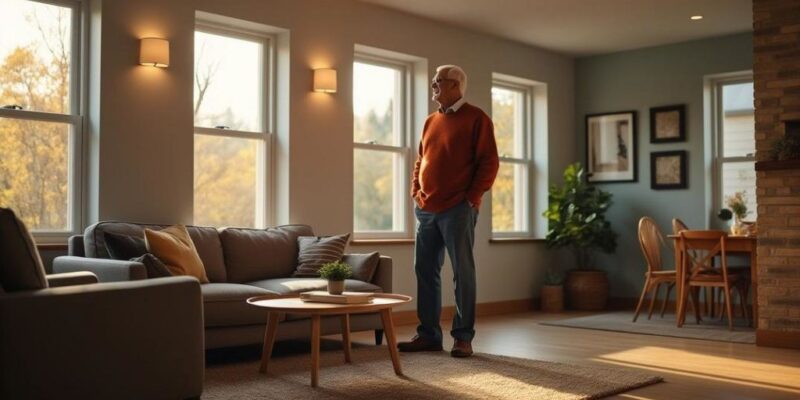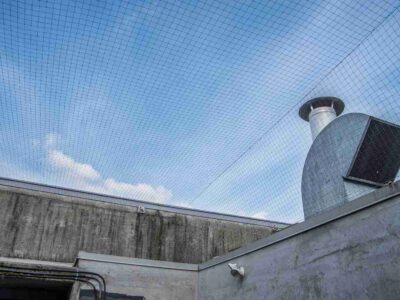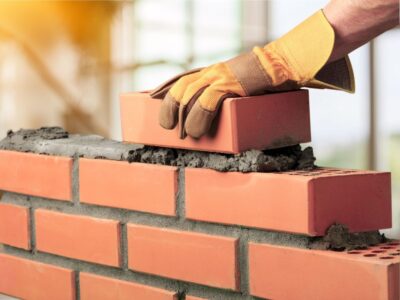When it comes to improving the comfort, safety, and value of your home, one often overlooked feature is the basement window (källarfönster) Whether you’re finishing your basement, trying to let in more natural light, or ensuring proper ventilation, the right basement window can make all the difference.
In this guide, we’ll explore everything you need to know about basement windows — from types and materials to installation and maintenance — so you can make an informed decision for your home.
What Is a Basement Window?
A basement window (källarfönster) is a specially designed window installed below or partially below ground level. It serves several purposes: allowing light into an otherwise dark space, providing ventilation, and in some cases, functioning as an emergency exit (known as an egress window).
Because basements are below grade, these windows are built differently than standard ones. They must resist soil pressure, moisture, and temperature fluctuations — while still being durable and easy to maintain.
Why Basement Windows Are Important
A properly installed basement window can transform your lower level from a damp storage area into a bright, livable space. Here’s why they’re so important:
1. Natural Light
Basements are often dark and unwelcoming. Installing basement windows allows sunlight to penetrate the space, creating a warm and inviting environment. Natural light also reduces the need for artificial lighting during the day.
2. Improved Ventilation
Basement air can become stale due to limited airflow. Basement windows enable cross-ventilation, helping to reduce humidity, musty odors, and mold growth — all of which can affect indoor air quality.
3. Energy Efficiency
Modern basement windows are designed with insulation and weatherproofing in mind. Energy-efficient options with double or triple-pane glass help maintain comfortable indoor temperatures, reducing heating and cooling costs.
4. Emergency Egress
If you plan to use your basement as a bedroom or living area, building codes often require an egress window — a type of basement window large enough for occupants to escape in case of fire or other emergencies.
5. Enhanced Curb Appeal
Basement windows don’t just serve practical purposes — they also improve the exterior appearance of your home. Stylish window wells, trims, and coverings can make even the lowest level look polished and modern.
Types of Basement Windows
Not all basement windows are the same. The best type depends on your needs, local building codes, and the structure of your basement walls. Below are the most popular options:
1. Awning Basement Windows
These windows are hinged at the top and open outward from the bottom. They’re great for ventilation and can be left open even when it’s raining, as the glass acts as a shield.
2. Hopper Basement Windows
Hopper windows are hinged at the bottom and open inward from the top. They’re compact and efficient, ideal for small basement spaces.
3. Sliding Basement Windows
These horizontal windows slide open to one side, making them easy to operate. They provide ample light and airflow while being space-efficient.
4. Casement Basement Windows
Casement windows swing outward like a door and can serve as egress windows in finished basements. They offer excellent ventilation and light but require more clearance outside.
5. Glass Block Basement Windows
These fixed windows consist of thick glass blocks sealed together. They let in light while providing privacy and superior insulation. However, they don’t open, so they’re not suitable for egress purposes.
Choosing the Right Basement Window
When selecting a basement window, consider the following factors:
- Purpose: Is it for ventilation, natural light, or egress compliance?
- Size: Ensure it meets local building codes if used for egress.
- Material: Vinyl, fiberglass, and aluminum are popular due to their resistance to rust and rot.
- Insulation: Choose double-glazed or triple-glazed panes for energy efficiency.
- Security: Add window locks or security bars if safety is a concern.
- Waterproofing: Proper sealing and window wells prevent leaks and flooding.
Basement Window Installation Tips
Installing a basement window requires careful planning and execution. Poor installation can lead to water leaks and foundation issues. Here are key tips:
- Measure Accurately: Always double-check window dimensions before ordering.
- Excavate for Window Wells: If below ground level, install a window well with drainage to prevent water buildup.
- Ensure Proper Sealing: Use waterproof caulking and flashing around the frame.
- Follow Code for Egress Windows: Minimum height, width, and opening clearance must comply with local regulations.
- Consider Professional Help: For below-grade windows or concrete cutting, hiring a contractor ensures safety and precision.
Maintenance and Longevity
Basement windows require occasional maintenance to stay in top shape:
- Inspect seals and caulking annually for cracks or leaks.
- Clean tracks and glass to prevent debris buildup.
- Ensure window wells are free of water, leaves, or dirt.
- Repaint or replace rusted hardware as needed.
A well-maintained basement window can last 20–30 years, offering long-term value and comfort.
FAQs About Basement Windows
Q1: Do basement windows need window wells?
Yes, most below-ground basement windows require window wells to allow light and ventilation. Egress windows must have wells large enough for safe exit.
Q2: How much does a basement window installation cost?
Costs vary by type and size but generally range from $300 to $1,500 per window, including labor. Egress windows can cost more due to excavation and code requirements.
Q3: Can I replace a basement window myself?
DIY replacement is possible for above-grade windows, but for below-grade or egress installations, professional help is recommended to avoid water or structural issues.
Q4: What’s the best type of basement window for energy efficiency?
Double-pane or triple-pane vinyl basement windows with Low-E coatings provide superior insulation and energy savings.
Q5: Are glass block windows good for basements?
Yes, glass block basement windows offer excellent privacy, insulation, and security — but they don’t open, so they’re not suitable where ventilation or egress is required.
Final Words
Upgrading your basement windows is one of the most effective ways to enhance your home’s safety, comfort, and energy efficiency. Whether you choose hopper, sliding, or egress-style windows, make sure they’re installed correctly and meet local building codes.
A well-chosen basement window not only brightens your lower level but also adds long-term value and livability to your home. With proper care and maintenance, your investment will continue to pay off for decades.













Comments